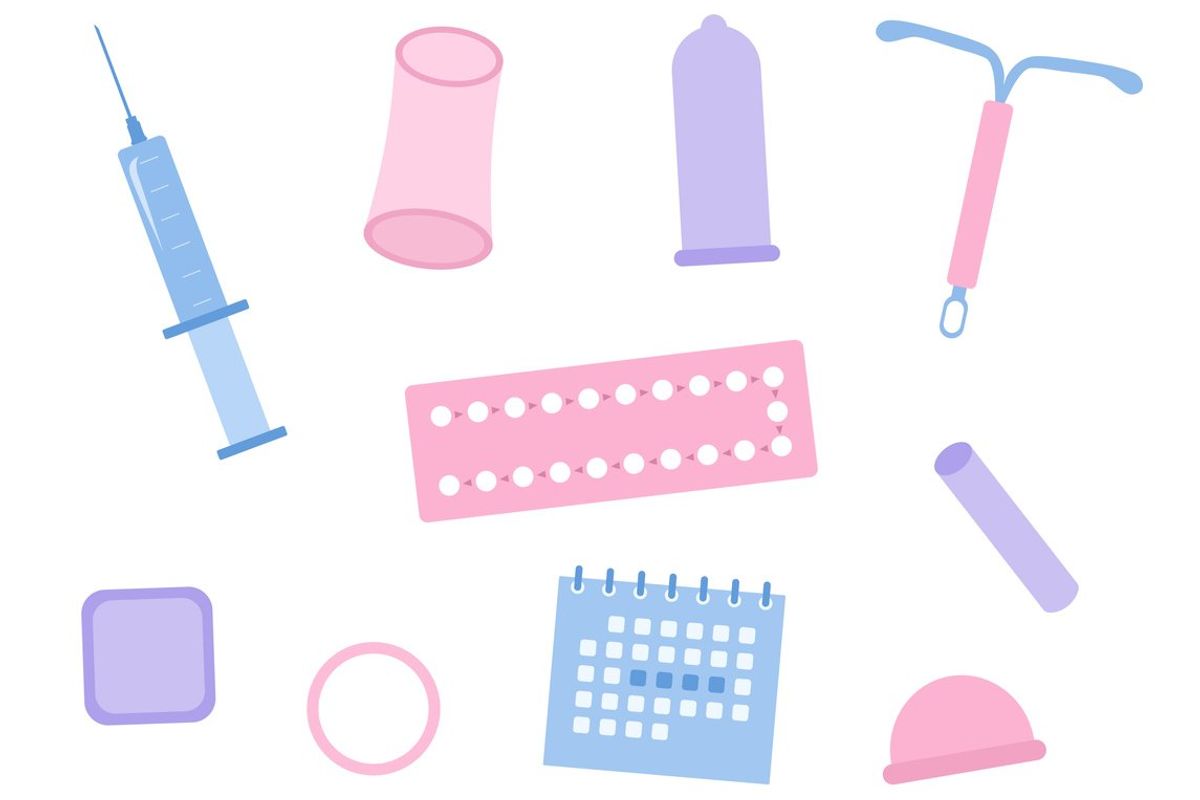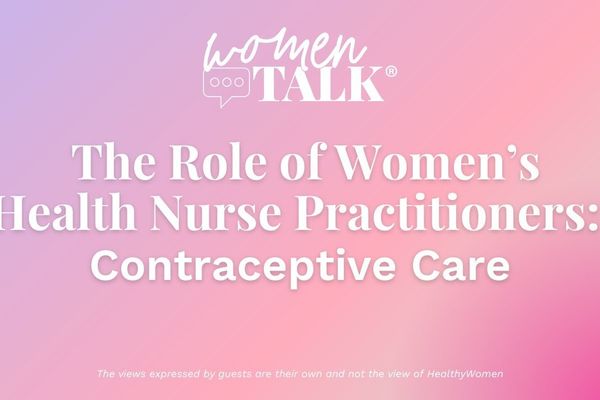Q:
Which birth control method is the most effective?
A:
That's a great question. Before I give you statistics, though, let me stress that any birth control method is only as good as the person using it. So, for instance, don't expect your birth control pill to prevent pregnancy as well as it does in studies if you don't take it as directed. And don't expect a condom to work up to 90 percent of the time (as studies show) if your partner doesn't put it on properly or use them every time you have intercourse—or come close to having intercourse.
The most effective forms of birth control are abstinence—not having sex—or sterilization. There are three forms of sterilization: vasectomy for men, in which the tubes through which sperm move into the penis are blocked or cut; tubal ligation for women, in which the fallopian tubes are blocked, burned or clipped shut; and a newer nonsurgical minimally invasive permanent birth control procedure, marketed as Essure. Sometimes called fallopian tube occlusion, the nonsurgical procedure uses small inserts placed into the fallopian tubes, which then cause a tissue barrier to form in the fallopian tubes that prevents sperm from reaching the egg. All forms of permanent birth control take a period of time before they become effective, and all are permanent. They are highly effective, ranging from 98.4 percent to nearly 100 percent.
The intrauterine device ParaGard also prevents pregnancy more than 99 percent of the time, and it can remain in place for up to 10 years. Other intrauterine devices, such as Mirena, Skyla and Kyleena, have similar efficacy rates, but they also release the hormone progestin into your body. They may remain in place for three to five years, depending on which you use.
Other hormone-related options, including birth control pills, the birth control patch (Xulane), the NuvaRing vaginal ring and progestin injections like Depo-Provera, are considered "very effective," meaning they prevent pregnancy 91 to 99 percent of the time. Depo-Provera works for three months; the others for one month.
These invasive options are followed by more moderately effective options, which typically prevent pregnancy 81 to 90 percent of the time. They include male and female condoms, the Today Sponge and a diaphragm.
The least effective category of birth control options, which typically prevent pregnancy up to 80 percent of the time, includes natural family planning, which you may know as the "rhythm method," the cervical cap (FemCap or Lea's Shield), and spermicide foams, creams, jellies, films and suppositories.
Here is a birth control guide from the U.S. Food & Drug Administration showing the types of FDA-approved birth control, along with their effectiveness, method of use and some risks and side effects.
What's right for you depends on your age and health, the type of relationship you're in and your current concerns about pregnancy. I urge you to have a discussion with your health care professional about these issues and your various options before making any decision.







